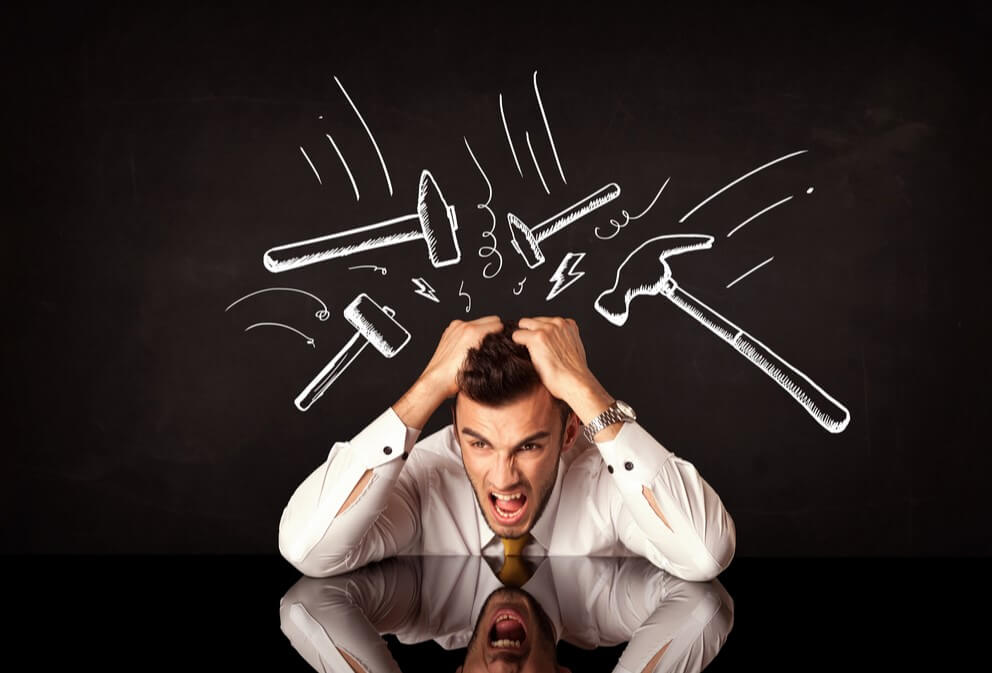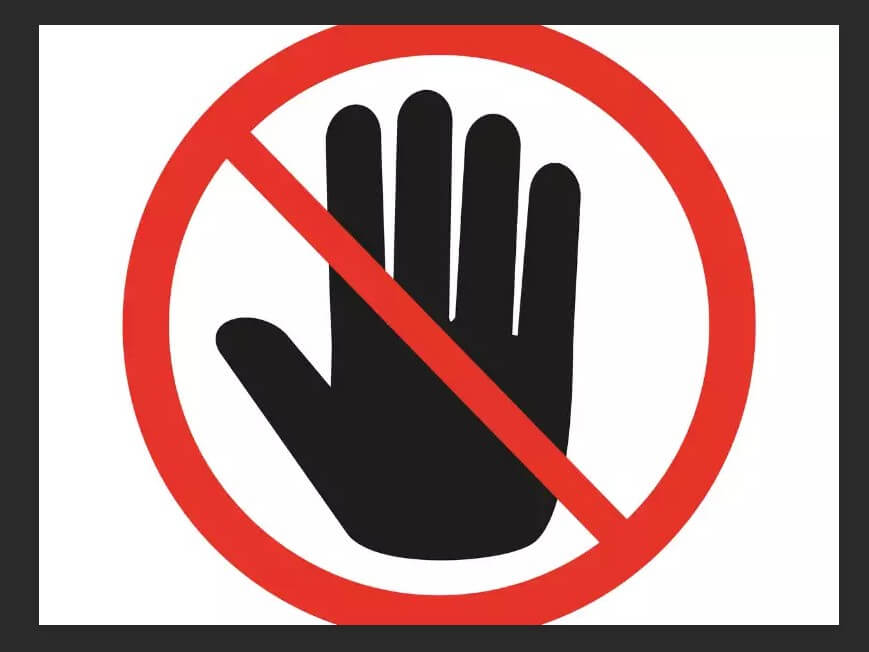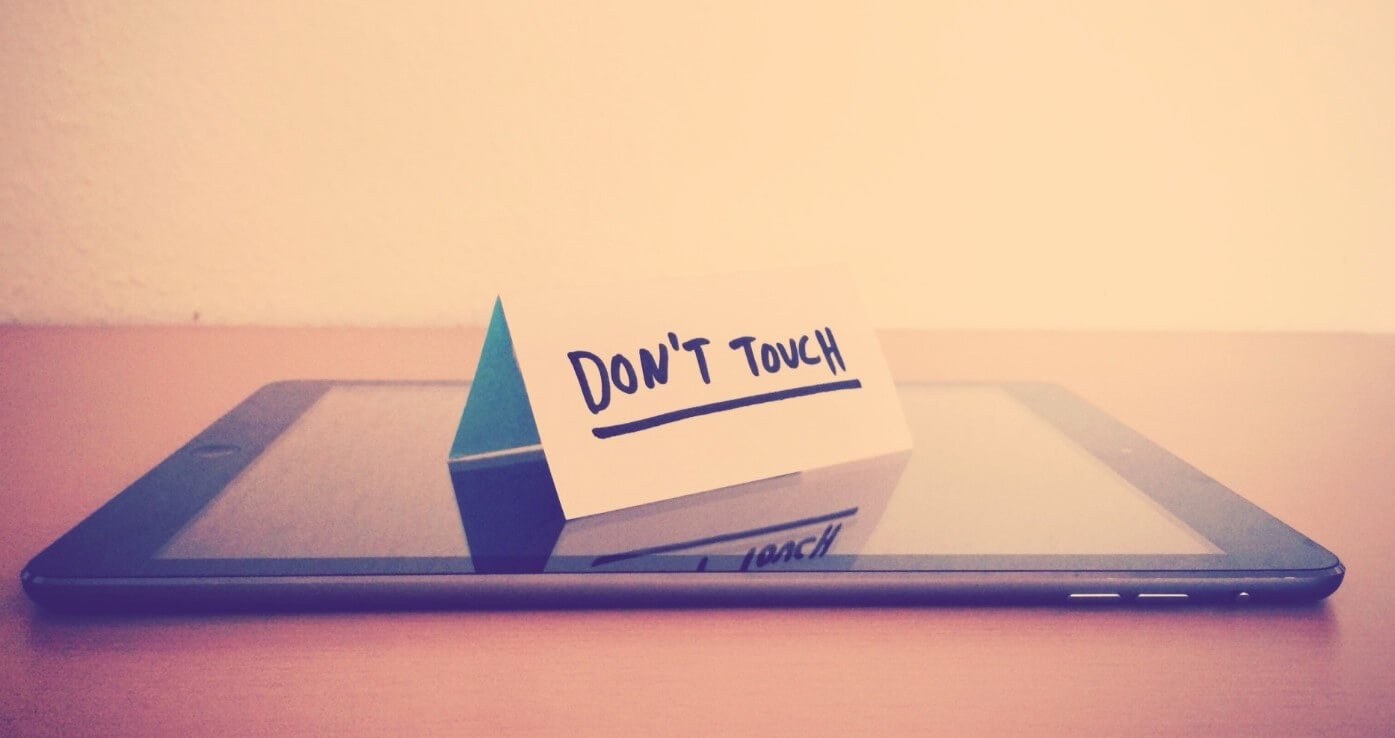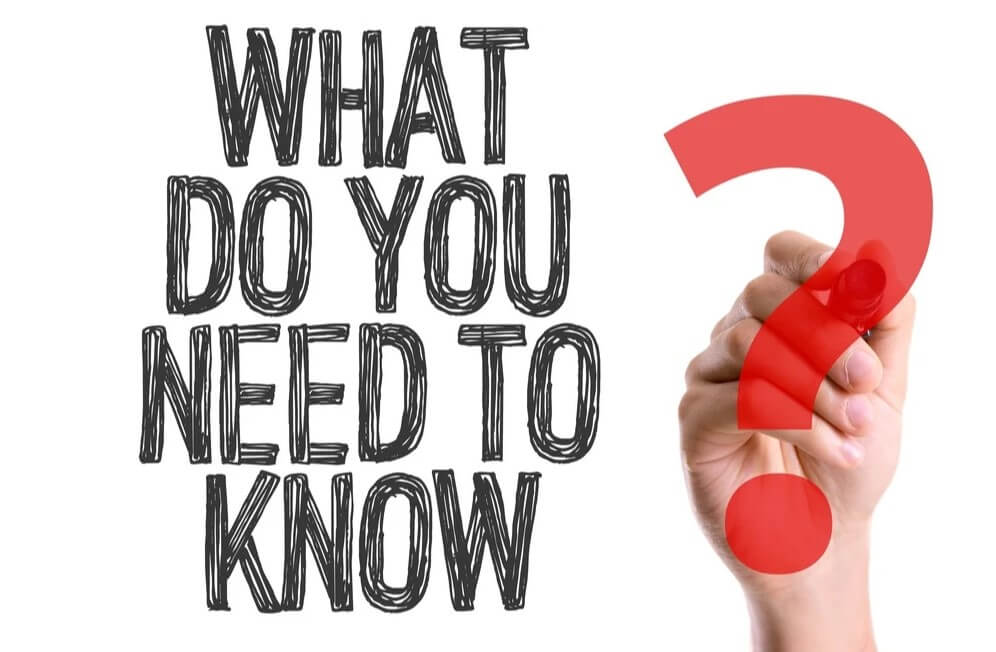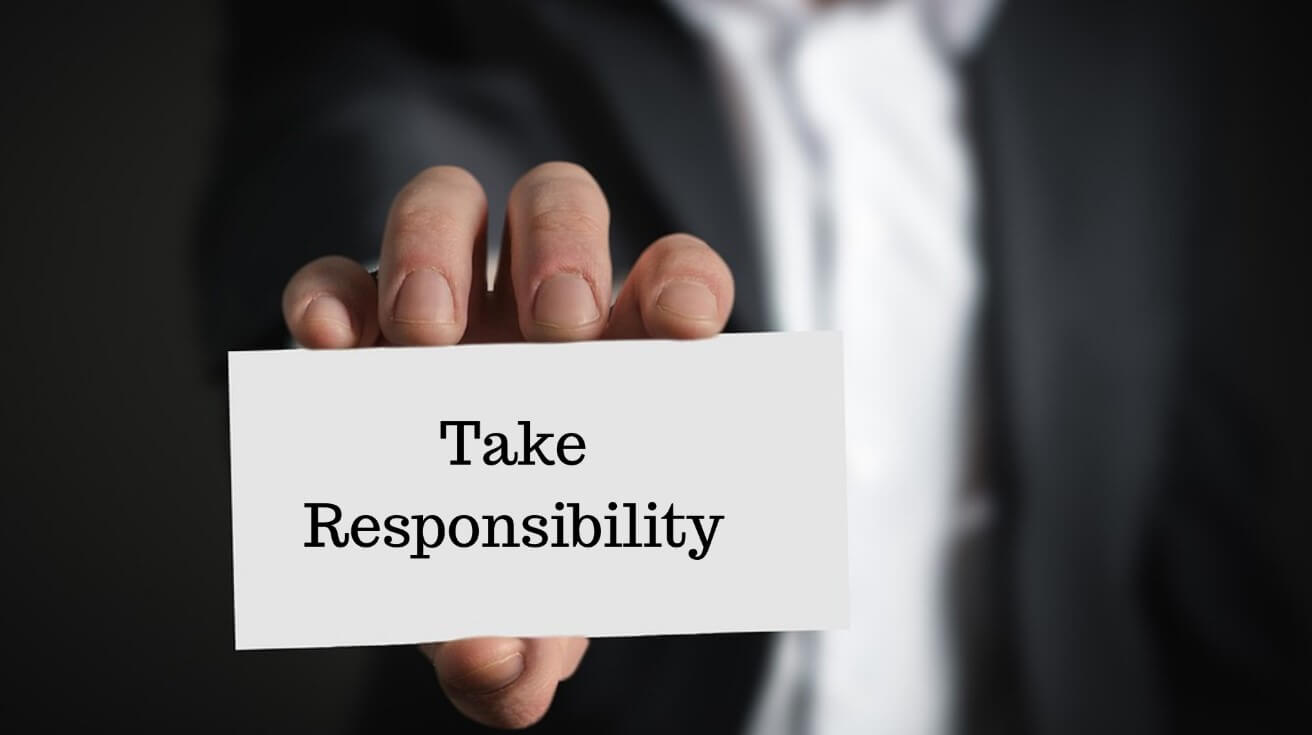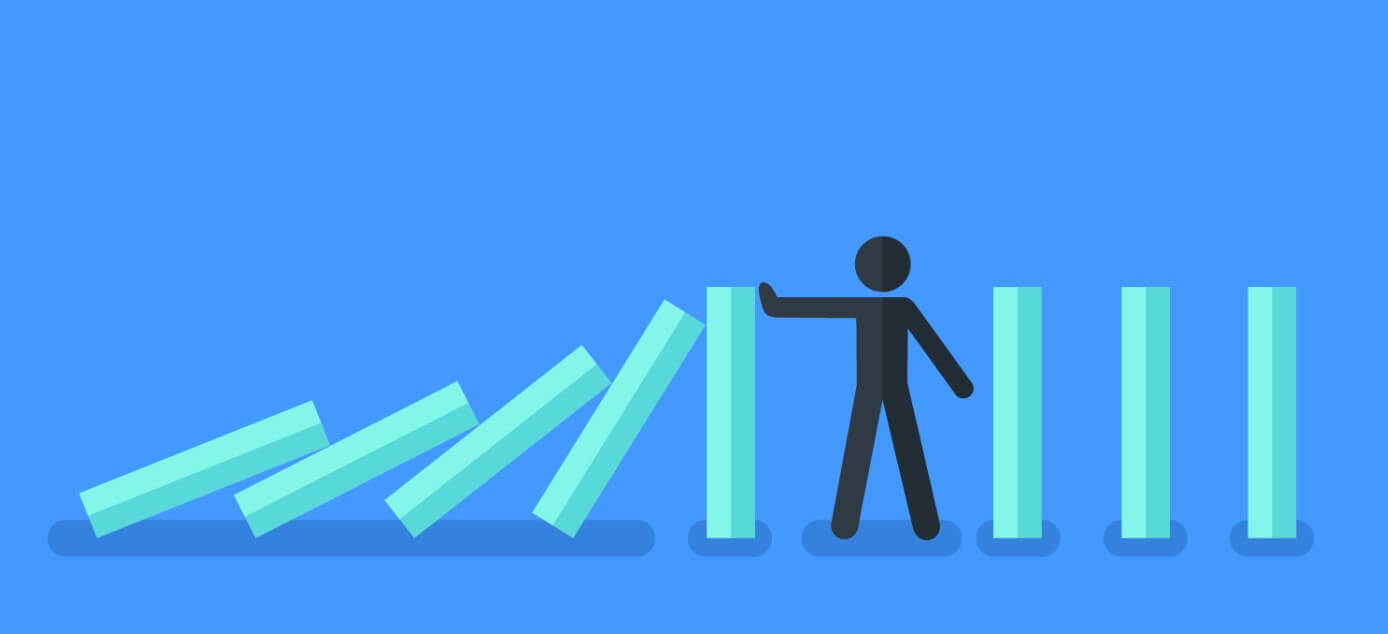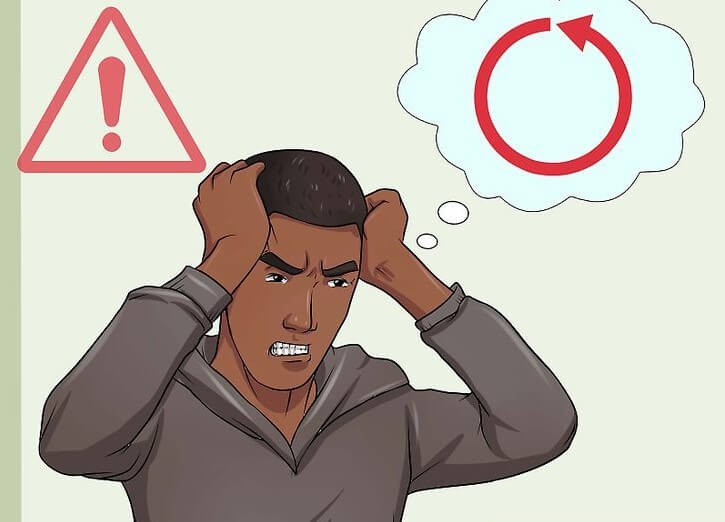As with anything in life, there are a number of different myths that have been created around trading, the thing about myths is that they are not real. A myth is defined as “a traditional story, especially one concerning the early history of a people or explaining a natural or social phenomenon, and typically involving supernatural beings or events.”
When it comes to trading there are a lot of them, in fact, there are too many for us to actually go through, but we have looked at a number of them, some you may have heard of or even been told personally, some you may have never heard before, what is important to understand is that these are myths and so they are not actually real, there may be a little truth behind them, but overall they are things that have been made up by someone at some point in time-based on what they see but do not fully understand. So let’s take a look at what some of the myths are.
Trading is Gambling
Trading is gambling, something that you have probably been told quite a few times, this is normally said by those that do not actually have an understanding of how trading works. We can certainly see from the outside why it may look like trading, without having knowledge of how the markets work, it can look a little like it is random movements up and down. When you begin to learn a little more about it, you know that this is not the case, in fact, there are hundreds of aspects to trading that influence the markets, none of them come down to gambling. If you learn, you can spot the things that will cause it to move and can take out a lot of the potential for losses. Trading is based on probabilities and not guesswork.
With Enough Money I Will Be Safe
If you have $100 your account is always in danger, if I have $1,000,000 then my account will be a lot safer. If you are using 0.01 lots sizes on both accounts then yes, your account certainly will be safer, however, are you going to stick to trade sizes that low? The majority of trading strategies are based around risking a certain percentage of your account. If you are risking 1% of your account, for a $100 account this will be $1, for a $1,000,000 account this will be $10,000. You will be able to make the same amount of losses with either account before there is a margin call. (of course, leverage and margin will be slightly different but the idea remains the same). Having more money will not reduce the amount of risk that you are taking. Having a larger balance can allow you to trade with smaller lot sizes in comparison or to risk less 0.5% as an example, but if you stick to the strategies, then you will be risking the same amount, and having more is not necessarily safer.
More Leverage Means More Profits
If we are only looking at the positives, then technically this myth is true if you have higher leverage than you are able to make higher profits if things always go the right way, but what happens when they go the wrong way? If they go against you, you can also make much larger losses and it can potentially put your account in a lot of additional danger. Leverage is a tool to allow you to trade more, but it is something that you need to have an understanding of and to not go crazy with. If you choose an account with a maximum leverage of 1:2000 then you are massively over-leveraging your account and we would expect it to blow at some point as you will be trading far more than your account should be. You should be sticking to modest leverage that suits both your account size and the strategy that you are using.

What Goes Up Must Come Down
While technically true, the questions that need to be asked are when. Sometimes the markets seem to do what they want, everything indicates that it should turn but it just does not want to. The markets can remain on a trend for a much longer period of time than you will be able to remain solvent, the markets will be able to beat you, if you jump into a trade and simply hope that it will turn, you will be on a path to total losses, you need to know when to get out. Do not sit there and simply hope that it will turn, that could be a long way away.
More Indicators the Better
You have probably seen images where people have 100 different indicators on their charts, it looks a little bit of a mess, doesn’t it? It is a good idea to have a number of indicators, they should be ones specifically chosen that suit your strategy, 3 or 4 max should just about do it. As soon as you get into the territory of having 101 different indicators on your charts, you are simply making things too complicated, you cannot properly understand what all of them are saying, many will be contradicting each other and your chart will be a mess. Stick to just a few, too many is just too many, as soon as you start to get confused or it takes more than a few seconds to find and read one, that is too many.
Keep Trying and You Will Be Successful
With a lot of things in life, the more you do something the better you get at it. This is slightly true when it comes to trading, you may get better at what you are doing, the problem with this is that you will be doing the same thing and getting good at it regardless as to whether it is good or not. Trading is more about learning, and not simply doing. If something is not working, constantly doing it will just make you better at doing something wrong, you need to learn why things are not working in order to resolve it and improve. It is also important to note that time spent does not necessarily mean improvement, you could sit for hours in front of the charts and learn nothing, you need to organize and plan your time and learning if you want to be successful.
Emotions Are Your Worst Enemy
Emotions get a lot of bad sticks, you are often told to try and get rid of them when trading, for some this is certainly something that you need to be doing, but not all of them. Emotions are a way to show that you are normal, if you did not experience any stress then there may actually be a problem. You can actually harness things like stress as an indicator that you need to change something and potentially adapt your strategies.
Discipline Will Always Protect You
Discipline is vital when it comes to trading, but it is not something that will keep your account safe on its own. Discipline allows you to stick to your plan, it allows you to ensure that you maintain proper risk management. The problem is that being dedicated and disciplined to something that may not be working does not help you, it will just ensure that you continue to do the thing that is losing. You need to first ensure that you have a working strategy, one that can be consistently profitable, that is then the stage where you need to ensure that you are disciplined, but be sure that you also have the understanding that things will need to change at some point when the markets change, so do you.
There is a Holy Grail Strategy
You may have heard of the holy grail, the one strategy that is better than all the others, well we are sorry to tell you, that this holy grail strategy does not actually exist, if it did, there wouldn’t be hundreds of other strategies, there would be just the one. The markets always change, each trader has a different balance and economic events mean that no one strategy can be successful all the time. This is why it is often recommended that you learn a number of different strategies, as a way to be able to adapt when the markets do change. Do not simply rely on a single one and certainly do not go out there looking for the perfect strategy, you just won’t find it.

You Can Get Rich Quick
You have probably seen hundreds of posts all over whichever social media accounts you use, people promising to make you rich, bad news I am afraid, these are not real. You can actually get rich very quickly, the problem is that you have a 0.000001% chance of it happening. Trading is a very slow process, it can make you rich, but that will be 10s of years down the line, not overnight. Do not go into it thinking that you will be rich, you will overleverage your account and this will only lead to losses. Please, don’t listen to those saying they can make you rich, they cannot and will simply run off with your money.
Complex Strategies are Better than Simple Ones
Sometimes things can get a little too complicated, if you have a strategy that requires you to look at 3 different things or one that requires you to look at 20, people will often think that the more in-depth one will be better, but how long will it take you to look at all 20? And how long will it take you to look at 3? You are far more likely to be able to master the 3 point strategy and to always remember to do them all than you will the 20, when you make things too complex, things will be missed and it will take far too long to actually put on a trade. A strategy only needs to be as complex as it needs to be, do not over complicate them, it will only hinder your trading.
So those are some of the many myths that exist in trading, there are of course more, and there will be more created as time goes on, what is important is that you do not let any of them influence you, some are positive and some are negative, but stick to your own plan, take no notice of them and you will be in a much better position to become a successful trader.








